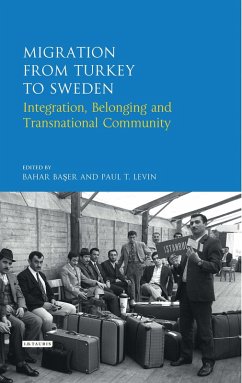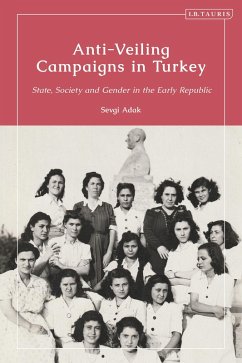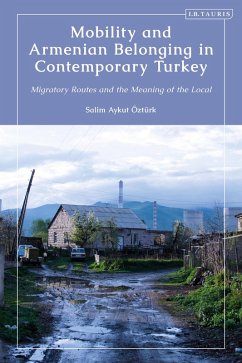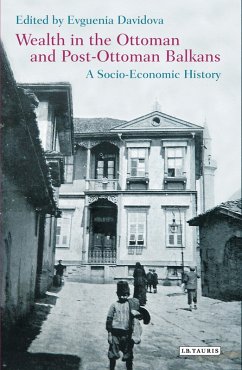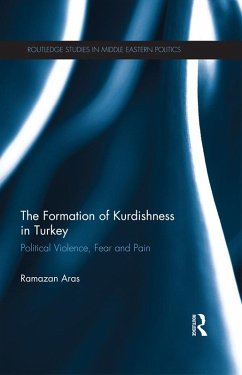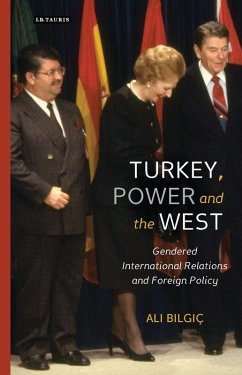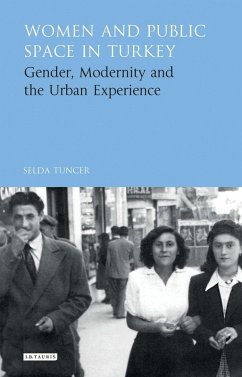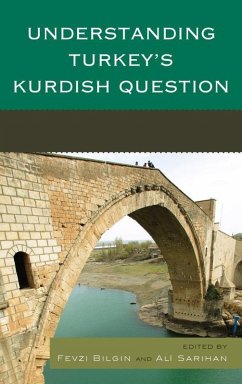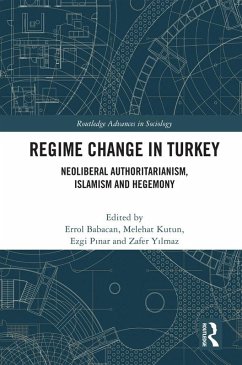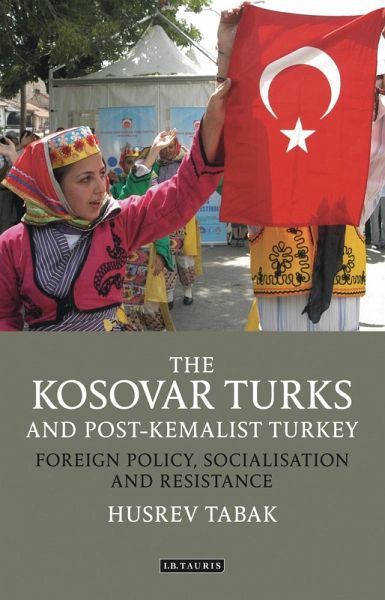
The Kosovar Turks and Post-Kemalist Turkey (eBook, ePUB)
Foreign Policy, Socialization and Resistance
Versandkostenfrei!
Sofort per Download lieferbar
100,95 €
inkl. MwSt.
Weitere Ausgaben:

PAYBACK Punkte
50 °P sammeln!
Even before the collapse of the Ottoman Empire, Turkic communities, living in states newly independent from Ottoman rule, were 'protected' by the Ottomans. With the creation of the new Turkish Republic, the notion of 'Outside Turks' became embedded in a new foreign policy which aimed to unite these communities, with whom Kemalist Turkey claimed to share ethnic origin, to the homeland. After 1980, and particularly during the Justice and Development Party rule, the country's domestic agenda, however, was transformed to imagine Outside Turks along cultural and religious lines, rather than in a pu...
Even before the collapse of the Ottoman Empire, Turkic communities, living in states newly independent from Ottoman rule, were 'protected' by the Ottomans. With the creation of the new Turkish Republic, the notion of 'Outside Turks' became embedded in a new foreign policy which aimed to unite these communities, with whom Kemalist Turkey claimed to share ethnic origin, to the homeland. After 1980, and particularly during the Justice and Development Party rule, the country's domestic agenda, however, was transformed to imagine Outside Turks along cultural and religious lines, rather than in a purely ethnic sense. Husrev Tabak provides a foreign policy analysis to account for this vital shift, arguing that four post-Kemalist norms are responsible: Ottomania, de-ethnicized nationhood, Turkish Islam and Islamic Internationalism. By focusing on the case of the Kosovar Turks, the book reveals that the post-Kemalist move to re-imagine Outside Turkish communities was largely counterproductive. In losing Turkey as a secure point of reference for their ethnic identity, these communities began to fashion a nationalism which gained a reactionary character.The Kosovar Turks now more vehemently embrace Kemalist attitudes and discourses and their sense of Turkish ethnicity has been sharpened. In tracing the impact of norm changes within Turkey on ethnic Turks beyond Turkey, the book illustrates the way in which domestic norms can be used as a significant foreign policy analysis tool. The Kosovar Turks and Post-Kemalist Turkey will therefore be essential reading for those interested in Turkey's foreign policy and post-Kemalism, as well as those researching the ongoing impact of the Ottoman Empire's multinational, multicultural legacy.




